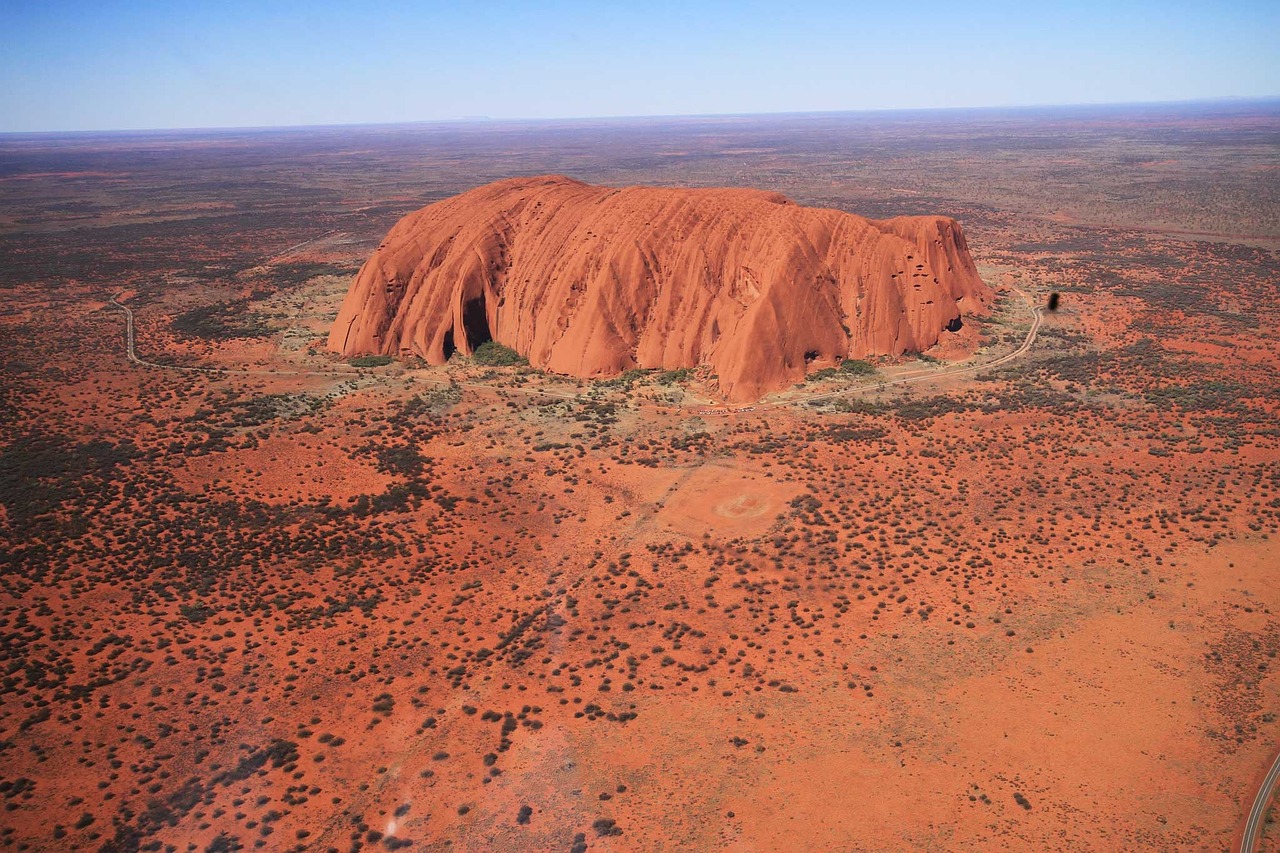
A large number of tourists gathered at the foot of Uluru, a giant monolith in Australia, on the last day before climbing ban the giant rock is banned.
Tourists rushed to climb Uluru, also known as Ayers Rock in Australia, because climbing will be permanently banned at the monolith starting Saturday.
The Anangu people, the indigenous caretakers of Uluru, treat the giant rock as a sacred place that's why they try to convince tourists not to climb it. When the ban was announced in 2017, only 16% of visitors scaled the monolith during that year. However, climbers have crowded the place in recent weeks prior to the ban's implementation.
On the final day, the climb got delayed due to dangerously strong winds but as soon as the parks officials deemed the climb safe to open, hundreds of people made the trek up. The entrance gate to Uluru was closed at 4:00 p.m. local time and as soon as all the people has descended, the metal chain used as a climbing aid would be immediately dismantled.
Rameth Thomas, an Anangu man, said the Uluru was a "very sacred place, [it's] like our church". He added: "People right around the world... they just come and climb it. They've got no respect." The Anangu has placed numerous signs at the base of the rock urging tourists not to climb the sacred site.
One tourist argued: "It's difficult to see what that significance is. It's a rock. It's supposed to be climbed."
Local elder Donald Fraser said: "The burden will be lifted as of today. Now is the time for the climb to have a good rest and heal up."
According to locals, nearby campgrounds and hotels were fully booked this week, resulting to tourists camping illegally and dumping waste.
Officials and tourism operators claim that the climb's closure is not expected to significantly affect visitor rates to the national park.






